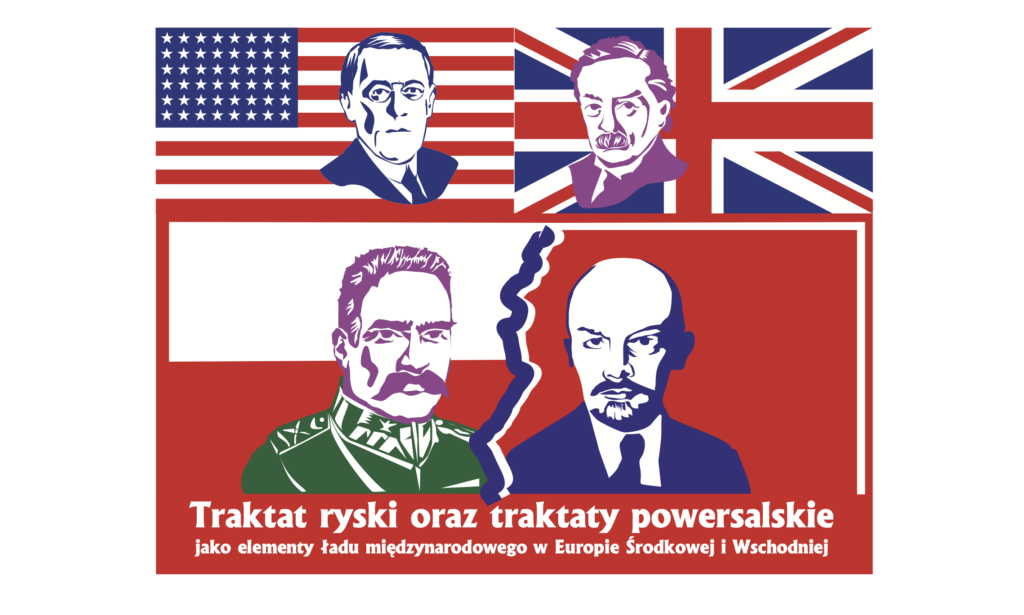International Conference “The Treaty of Riga and Other Post-Versailles Treaties as Elements of the Interwar World-Order in Central and Eastern Europe”

Our conference commemorates the centennial of the Polish-Soviet peace treaty signed in March 1921. This agreement not only sanctioned the border between the resurrected Polish Republic, on the one hand, and Soviet Russia and Soviet Ukraine, on the other, but also constituted a major pillar of European peace and as such should be viewed as an element of the broadly defined Versailles order in the years 1921-1939. Our desire to analyze the Treaty of Riga in this broader context has encouraged us to propose the idea of the interwar international system as based upon other “post-Versailles” treaties, some of which stemmed from the need to make the agreements made in Paris more precise whereas others constituted attempts to negotiate Versailles or to contest it. In particular, the treaties in question are Saint-Germain-en-Laye (September 1919), Trianon (June 1920), Rapallo (April 1922 r.), Locarno (October 1925), among others. We would like the treaties to become a reference point for reflection and discussion for the participants in our conference, in the fields of political and diplomatic as well as economic and social history.
The conference will tackle, but will not be limited to, the following questions:
- The political and ideological background of the Treaty of Riga and other treaties signed in the aftermath of World War I.
- The historical episodes connected to the negotiation process that preceded the signing of the treaties. How did the talks proceed? In what ways did the delegations affect them? Who were the decisive figures? Biographical sketches of the most important individuals participating in the making of the postwar order.
- The content of the treaties analyzed from political and legal perspectives, and also in terms of the theory of international relations and contemporary attempts to create an efficient system for European peace and security. In what ways did various political concepts, such as national self-determination, were reflected in the text of the documents? Comparative textual analysis of the international agreements.
- The effects and results of the treaties: political, legal, ideological, military social, and economic. What did international relations, including the commercial ones, look like in Europe as the treaties were implemented? What about the actions undertaken to implement, maintain or abolish them? The situation of national minorities. The development of political concepts and systems aimed at destroying the broadly defined Versailles order.
The purpose of the list is to illustrate the major topics of the conference, but we are open to all topics that creatively expand beyond these bounds. The papers presented at the conference will be published following a scholarly review.
Due to the probability of the epidemiological danger related to COVID-19 receding in September 2021, we are planning to organize the event in the traditional form. In case the pandemic does not subside, however, we will adjust accordingly by switching to the hybrid form. This would mean that, in addition to in-person meetings taking place with all the possible precautions, our guests would then have the opportunity of participating online.